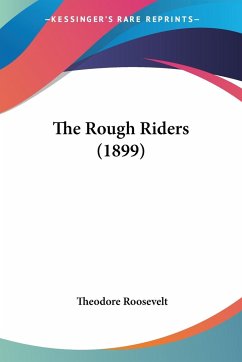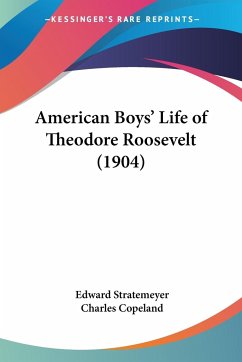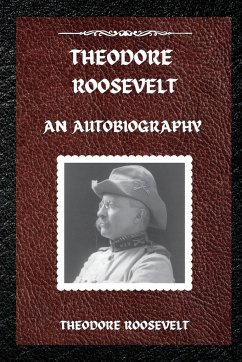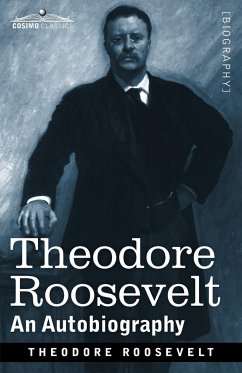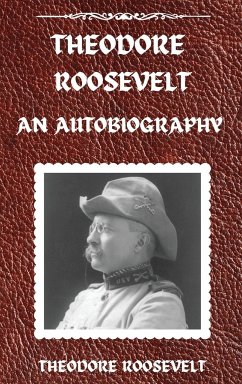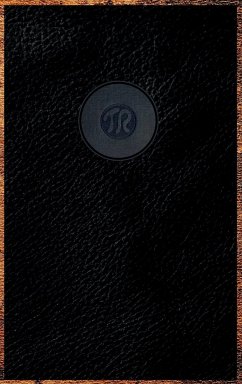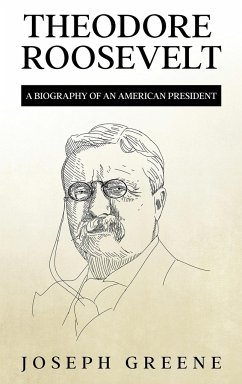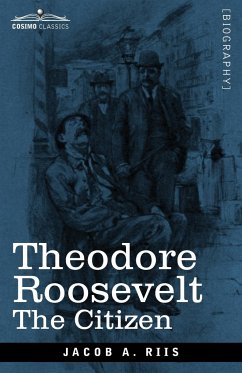
Realizable Ideals
Versandkostenfrei!
Versandfertig in 1-2 Wochen
24,99 €
inkl. MwSt.

PAYBACK Punkte
12 °P sammeln!
Realizable Ideals is a book written by Theodore Roosevelt, the 26th President of the United States, and published in 1912. The book is a collection of speeches and essays that Roosevelt delivered during his presidency, outlining his vision for a better America. Roosevelt believed that the United States had a unique responsibility to promote democracy and justice around the world. In Realizable Ideals, he sets out a series of practical policies and reforms that he believed would help achieve this goal. These include measures to combat corruption, improve public education, protect workers' right...
Realizable Ideals is a book written by Theodore Roosevelt, the 26th President of the United States, and published in 1912. The book is a collection of speeches and essays that Roosevelt delivered during his presidency, outlining his vision for a better America. Roosevelt believed that the United States had a unique responsibility to promote democracy and justice around the world. In Realizable Ideals, he sets out a series of practical policies and reforms that he believed would help achieve this goal. These include measures to combat corruption, improve public education, protect workers' rights, and expand access to healthcare.The book also reflects Roosevelt's broader philosophy of ""progressive"" politics, which emphasized the need for government intervention to address social and economic problems. He believed that the government had a duty to regulate big business, protect natural resources, and ensure that all Americans had a fair chance to succeed.Realizable Ideals is a fascinating glimpse into the mind of one of America's most influential presidents. Roosevelt's ideas continue to resonate today, and his legacy as a champion of social justice and democratic values remains an important part of American history.This scarce antiquarian book is a facsimile reprint of the old original and may contain some imperfections such as library marks and notations. Because we believe this work is culturally important, we have made it available as part of our commitment for protecting, preserving, and promoting the world's literature in affordable, high quality, modern editions, that are true to their original work.



